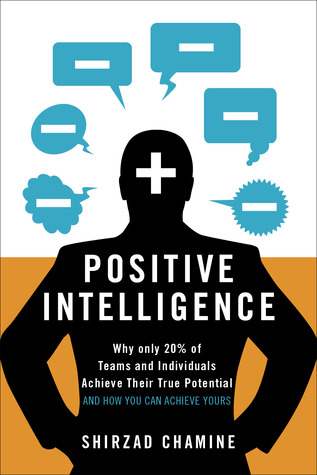Managing your time more effectively as CEO

Master Delegation
The most important thing any business leader can do to manage their time more effectively is improve their delegation skills. It can be tempting to control and oversee every aspect of a business, particularly if you’ve built it from nothing, but it’s impossible to do this as a company grows. In order to delegate effectively, you must have the right team around you and an appropriate structure beneath you to support this. This includes people that you trust to get the job done, and competent employees that you can rely on.
Travel Smart
CEOs can spend a significant amount of time traveling between meetings, offices and partners. Therefore, being smart with this time is an absolute must. For example, you could opt for private jet rental instead of commercial flights to save time by avoiding busy airports, and give you more flexibility when it comes to multi-destination trips. It’s also important to make best use of the time while traveling to free up space elsewhere in the day. You could use your travel time to power through some emails or catch up on some work that doesn’t require much collaboration.
Reserve Time
Much is demanded of CEOs from others in the organisation, and as such, a large proportion of their day can be filled with meetings and other scheduled commitments. It’s essential that you reserve some time each day or week for your own priorities, work or even just for a 10-minute breather. Pockets of time here and there can help to boost productivity and break up the day. Reserving time for yourself also relies on delegation – if someone else can take one of your meetings per day, you’ll automatically create more time for yourself to work on other projects.
Power Sessions
Being a CEO is all about imagining and developing the big picture, but you can still get caught up in the intricacies of operations. Use power sessions, or periods of intense focus, to blast through the more mundane or administrative tasks that you will undoubtedly have to do every once in a while. The same goes for emails – reserve a time slot to power through your inbox and you will almost certainly clear it quicker than if you have your mind on other things.

